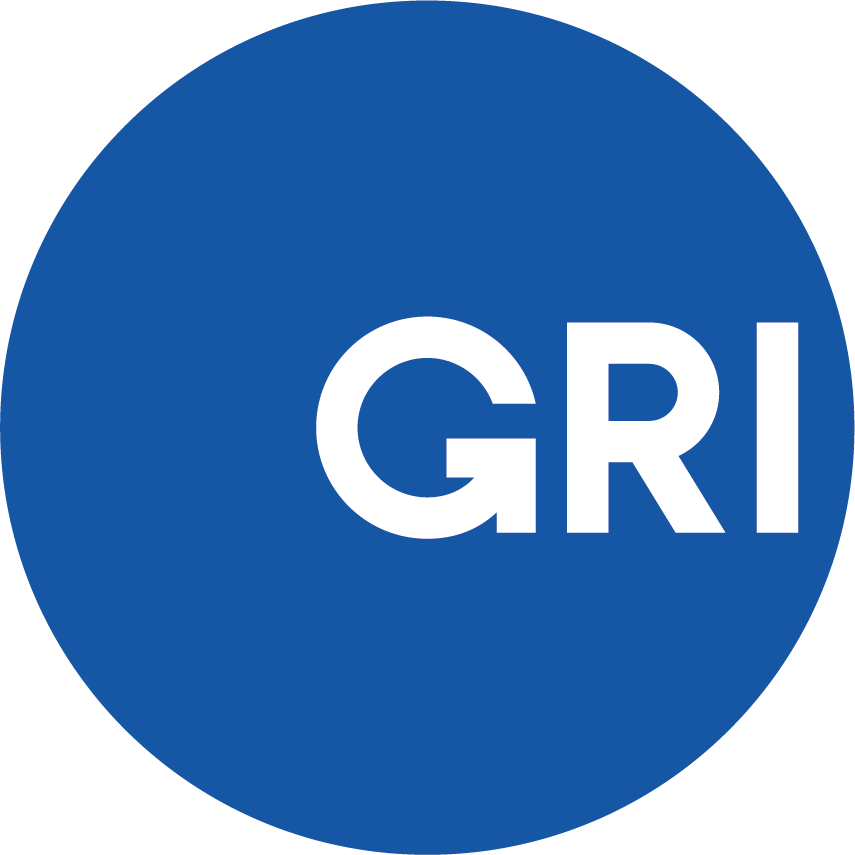GRI’s Work To Enable Transparency on Diversity and Equal Opportunity
Today marks International Women’s Day, with the prevailing theme this year being Investing in women. Achieving gender equality and women’s well-being is critical if we are to create a fairer and more prosperous society. Though progress has been made, gender equality remains a critical challenge, with an estimated $360 billion annual deficit in gender-equality measures.
GRI has been at the forefront of recognizing the importance of this issue since 2016, setting the standards to disclose how organizations approach diversity and equal opportunity in the workplace. When an organization actively promotes diversity and equality at work, it can generate significant benefits for both the organization and workers. For example, organizations can gain access to a diverse pool of potential workers. These benefits also extend wider to society, as greater equality promotes social stability and supports further economic development. The disclosures in the GRI Standard 405: Diversity and Equal Opportunity provide information stakeholders need on organizational impacts related to diversity and equality at work, and steps taken to manage them.
In recent years, there has been a greater understanding of organizations' responsibilities concerning human rights and labor relations. This aligns with the increasing recognition of the need for more effective protection of human rights as outlined in international conventions. Organizations’ impact on their workforce and workers up and down the value chain is one of the most direct ways human and labor rights are affected by the entity. Increased stakeholder expectations on these topics were reflected in a survey conducted by GRI to identify the priority issues for the review of the existing Topic Standards. The survey revealed the need to refresh the current labor-related disclosures and develop new ones.
This is the impetus behind GRI's groundbreaking project to revise eight labor-related Topic Standards. This process is rooted in the human rights-based approach and due diligence - the cornerstone of the GRI Universal Standards – and will pave the way for a more constructive dialogue and targeted action in relation to the most significant impacts organizations have on workers, women included. This endeavor is facilitated by a Labor Technical Committee (TC), comprising experts from various geographies and sectors, including civil society, mediating, labor, investment institutions, and businesses. Such multi-stakeholder representation ensures that standards are developed with a global perspective and in the public interest. Additionally, an Advisory Group (AG) has been appointed, with independent professionals supporting and advising the TC throughout the content development process.
“To achieve gender equality in the workplace, we need to understand the current reality of women’s access to promotions, and how women’s salaries compare to those of men. Equally, we need to understand the realities of other groups that have experienced discrimination on the basis of race, ethnicity, national origin, and other factors. This is why the revision of GRI disclosures is so important for companies based in the United States and around the world: they will provide hard data on where we are, enabling companies to show improvement over time.”
-Rachel Rigby, Senior Program Director at Verité, US-based member of Labor Advisory Group
Regardless of what it says in public or declares in its policies, a company cannot demonstrate its commitment to diversity and inclusion unless it is measuring and publicly reporting on its performance on this issue. I see the ongoing work to revise the labor-related disclosures - including the diversity and equal opportunity topic - as a unique opportunity to support companies in demonstrating accountability for setting and meeting critical DEI targets, regardless of where they are on the journey. Accountability requires transparency, and for transparency to be meaningful, the information provided has to be accessible, sufficient and aligned to the needs of stakeholders. The ongoing revisions are designed to support such meaningful transparency, and ensure that companies can demonstrate through appropriate metrics, their performance on critical diversity goals.
-Abiola Okepechi, Regulatory & Sustainability Expert, ESG & Responsible Sourcing with Assent Inc, Canada-based member of Labor Advisory Group

